In-person event 8-11th April
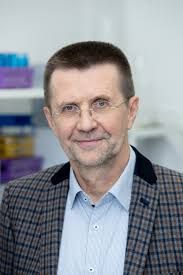
Virginijus Šikšnys
Vilnius University Life Sciences Centre, Lithuania
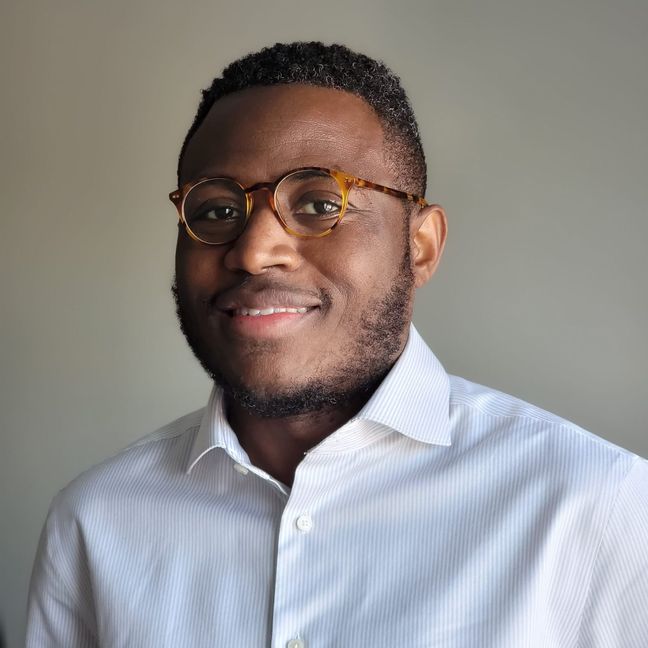
Jimi Olaghere
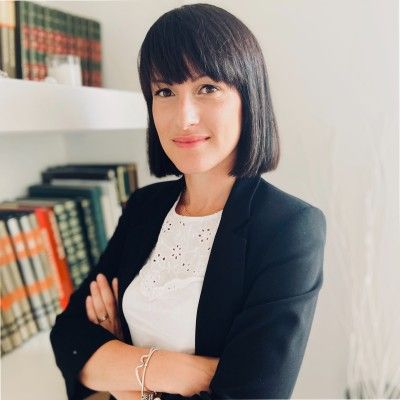
Alessia Cavazza
University College London, United Kingdom
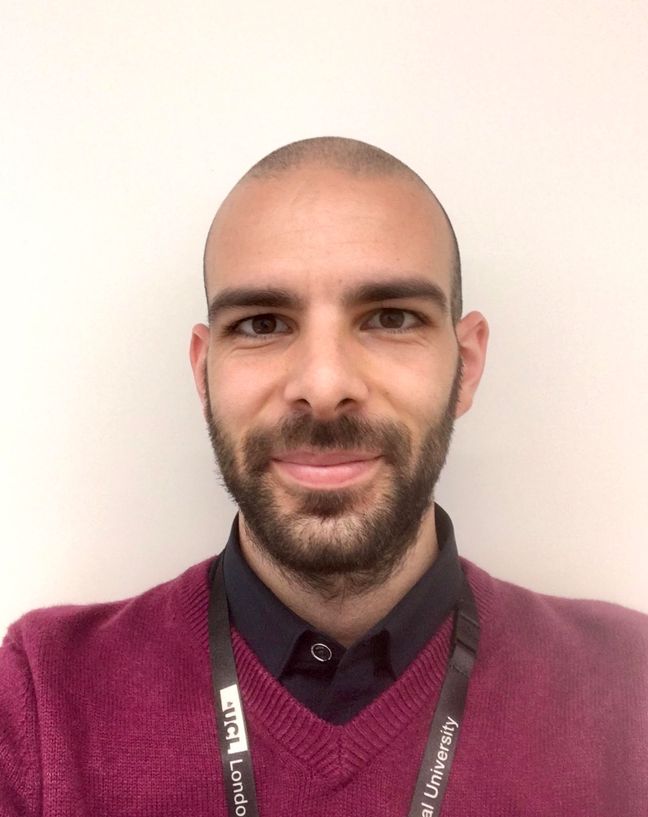
Alessio Strano
ETH Zürich, Switzerland

Alvin Luk
HuidaGene Therapeutics
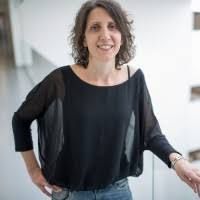
Annarita Miccio
Imagine Institut, INSERM UMR1163, Paris Cite' University, France
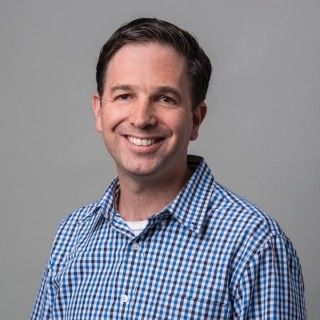
Ayal Hendel
Bar-Ilan University, Israel

Antoine Decrulle
Eligo Bioscience, France
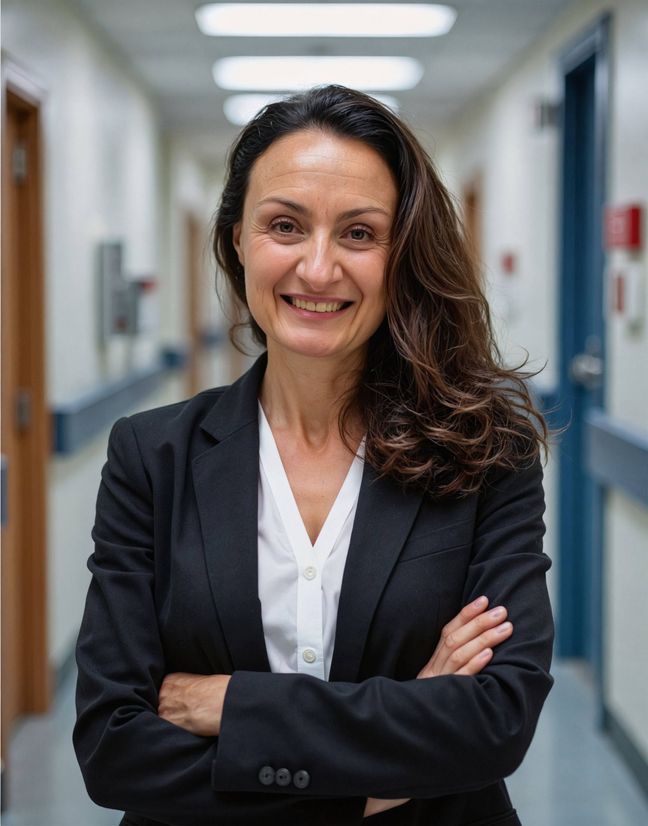
Cecilia Jimenez-Mallebrera
Institut de Recerca Sant Joan de Déu. Hospital Sant Joan de Déu Barcelona and CIBERER
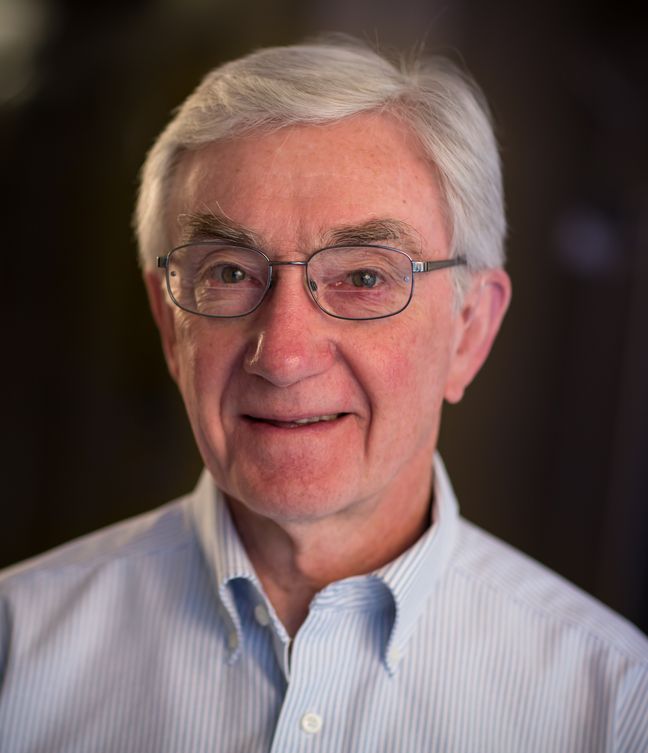
Dana Carroll
University of Utah School of Medicine, United States
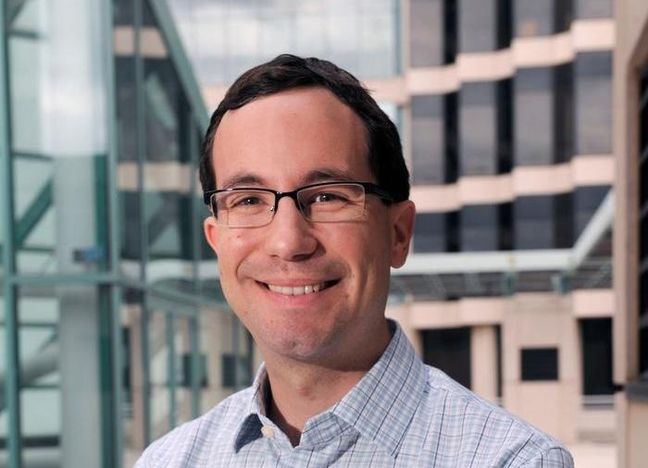
Daniel Siegwart
University of Texas Southwestern Medical Center, United States
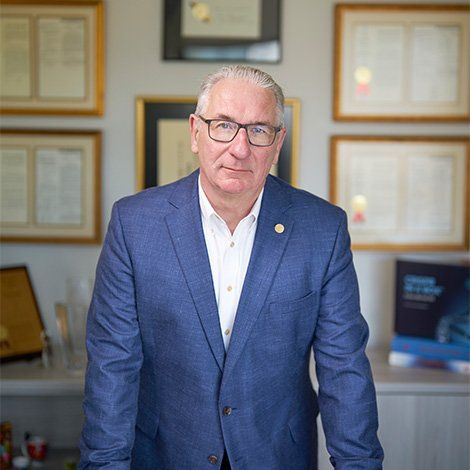
Eric B. Kmiec
Gene Editing Institute, Christianacare; CorriXR Therapeutics, Inc., United States
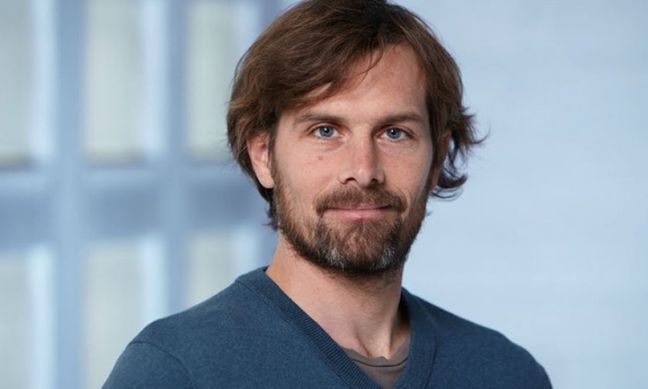
Gerald Schwank
University of Zurich, Switzerland
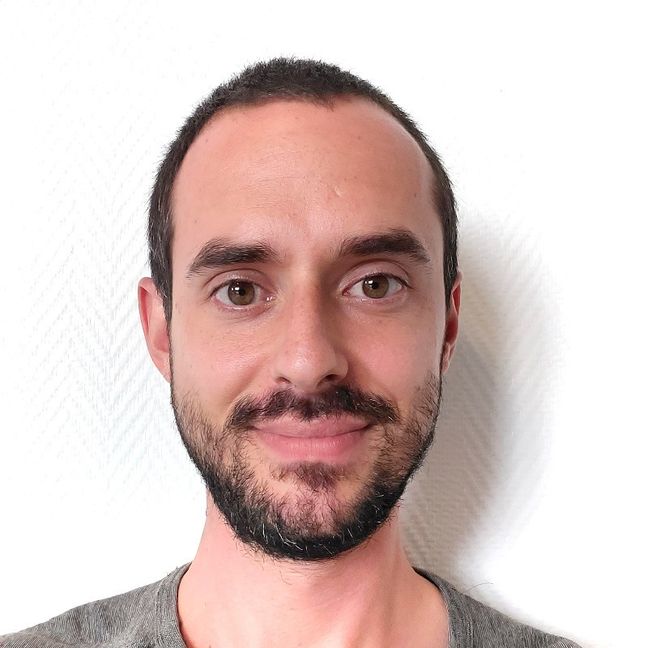
Grégoire Cullot
ETH Zurich, Switzerland
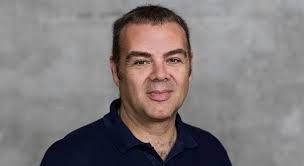
Guillermo Montoya
University of Copenhagen, Denmark
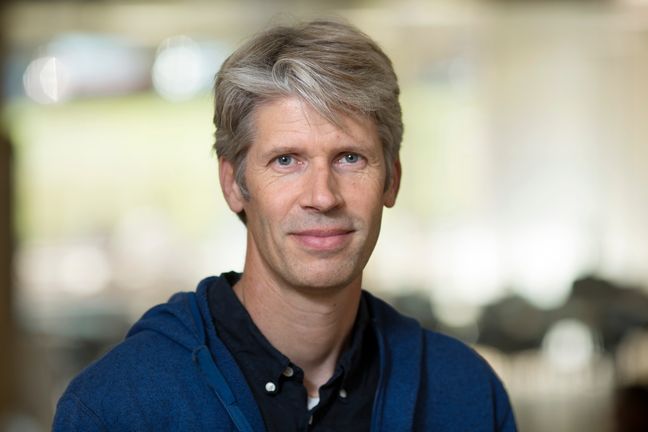
Jacob Giehm Mikkelsen
Aarhus University, Denmark
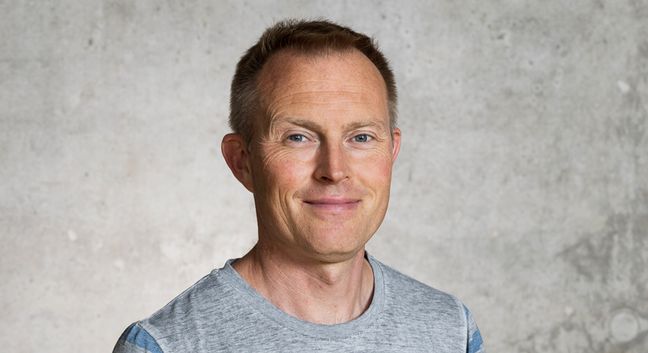
Jakob Nilsson
Danish Cancer Institute, Copenhagen, Denmark

James Longden
Evolvus, United Kingdom
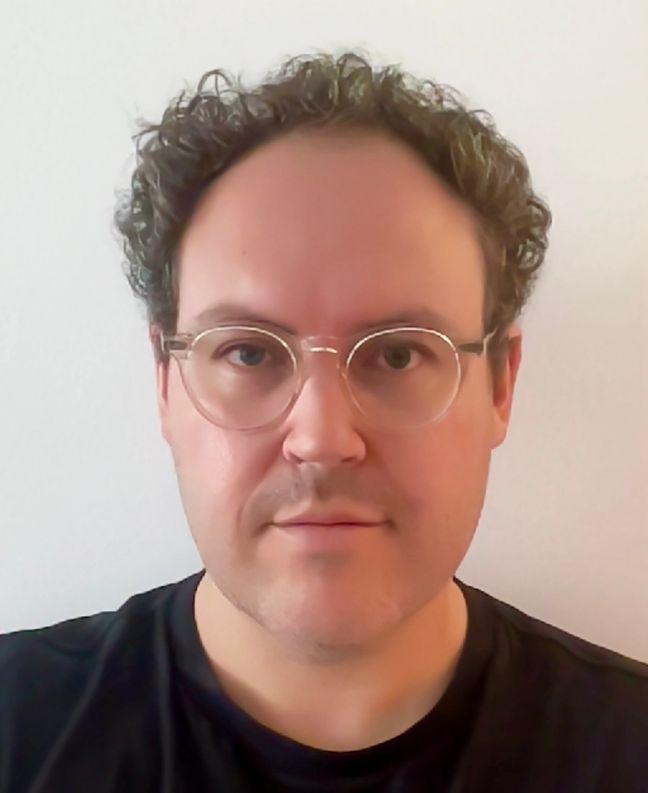
Julian Grünewald
Technical University of Munich, Germany
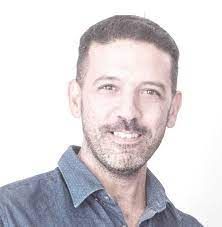
Karim Benabdel Lah El Khlanji
GENyO Pfizer-University of Granada-Junta de Andalucia Center for Genomics and Oncological Research in Granada, Spain
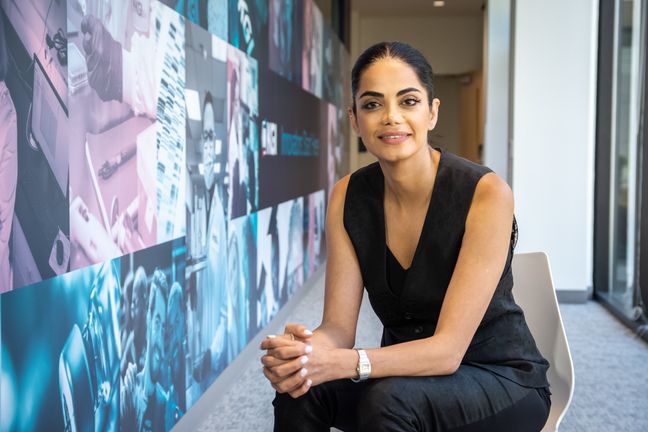
Kiana Aran
University of California San Diego, United States

Lilian Tawsy Lamech
Life Edit Therapeutics, an ElevateBio Company, United States
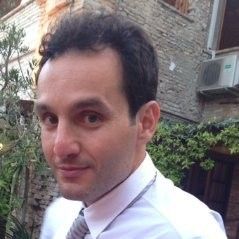
Marcello Maresca
AstraZeneca, Sweden
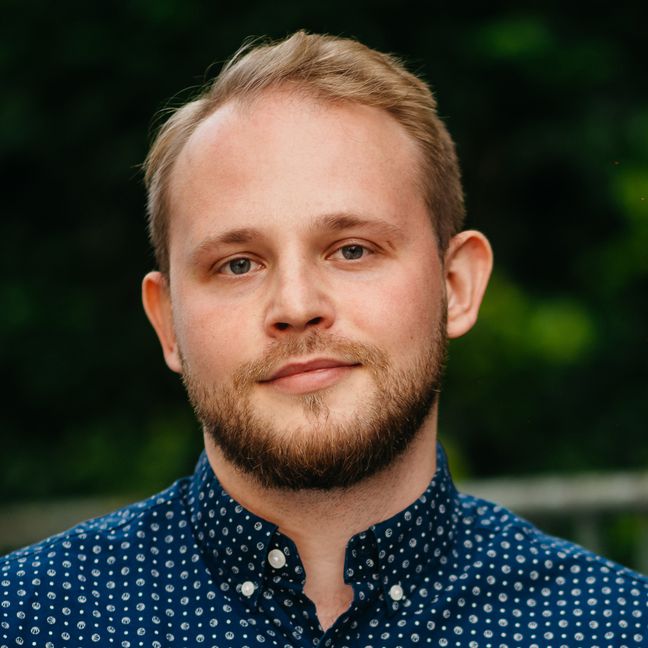
Martin Pacesa
EPFL, Lausanne, Switzerland
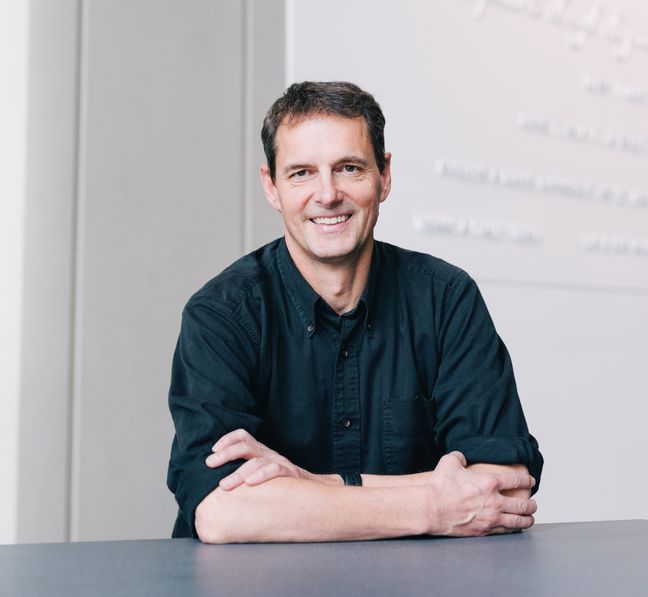
Matthew Porteus
Stanford University, United States
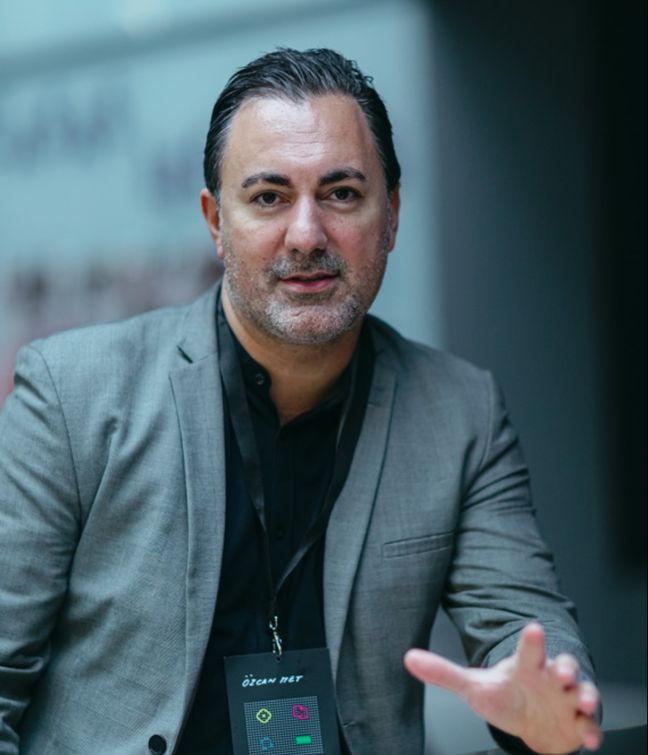
Özcan Met
Cell Therapy Unit CCIT-DK and DTU HealthTech, Denmark
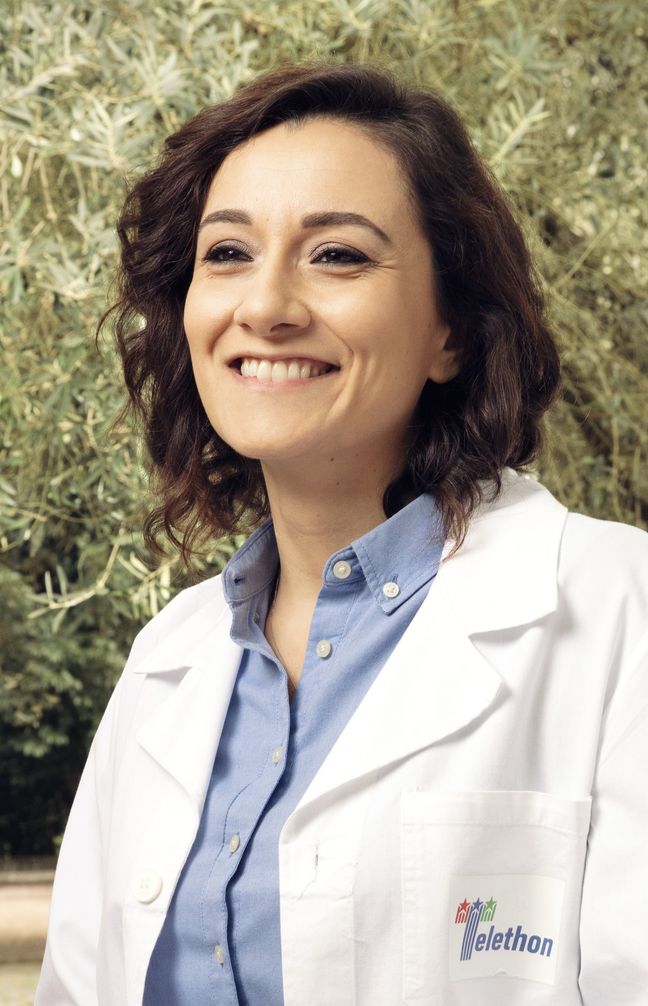
Raffaella Di Micco
SR-TIGET, Milan and IUSS, Pavia, Italy
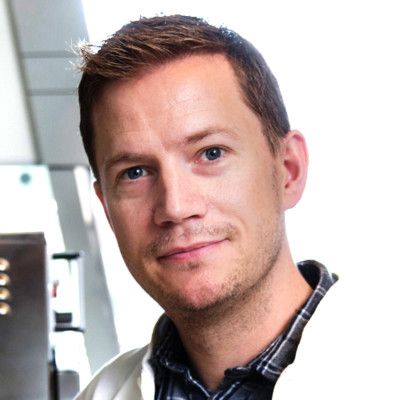
Rasmus O. Bak
Aarhus University, Denmark
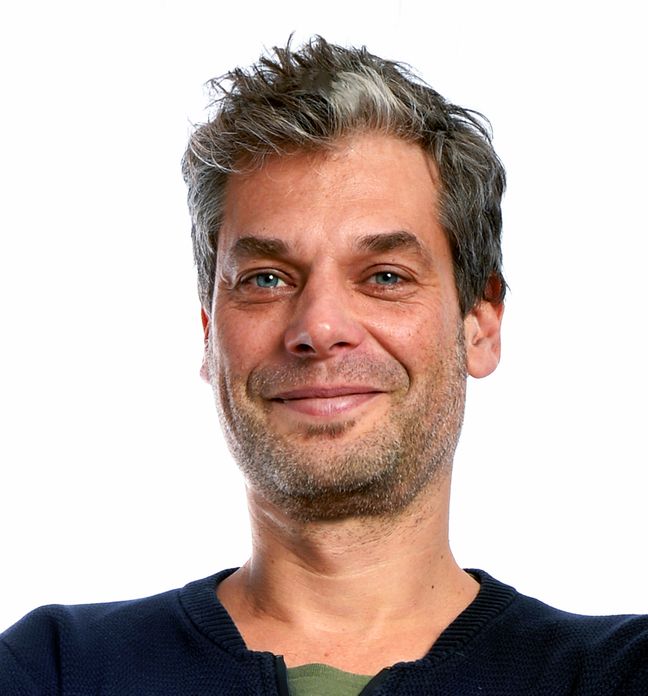
Rob Wolthuis
Amsterdam UMC, Netherlands
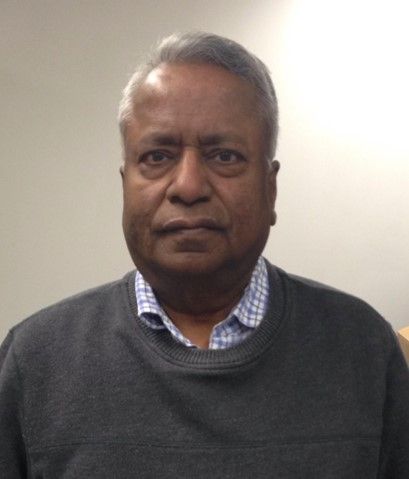
Srinivasan Chandrasegaran
Johns Hopkins School of Public Health, United States
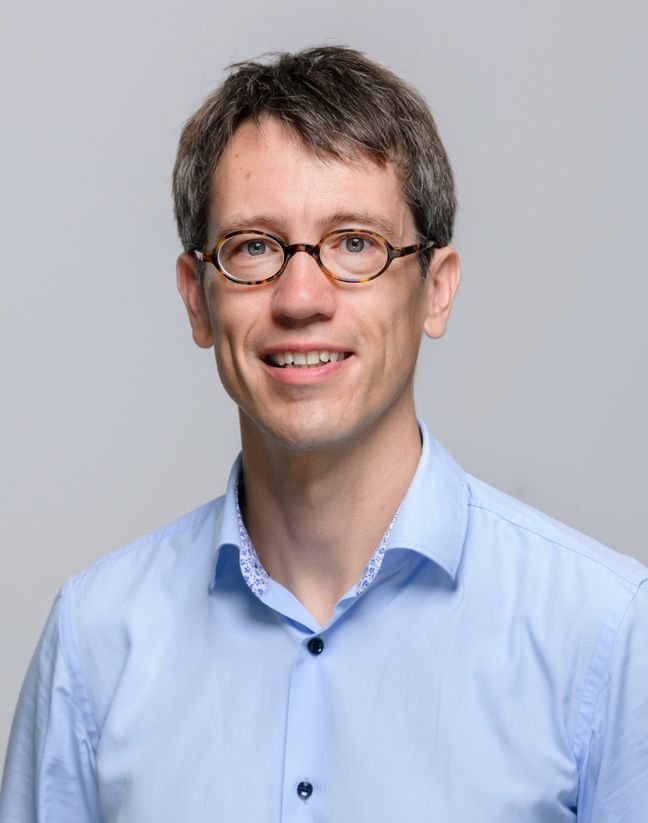
Thorsten Stafforst
University of Tuebingen, Germany
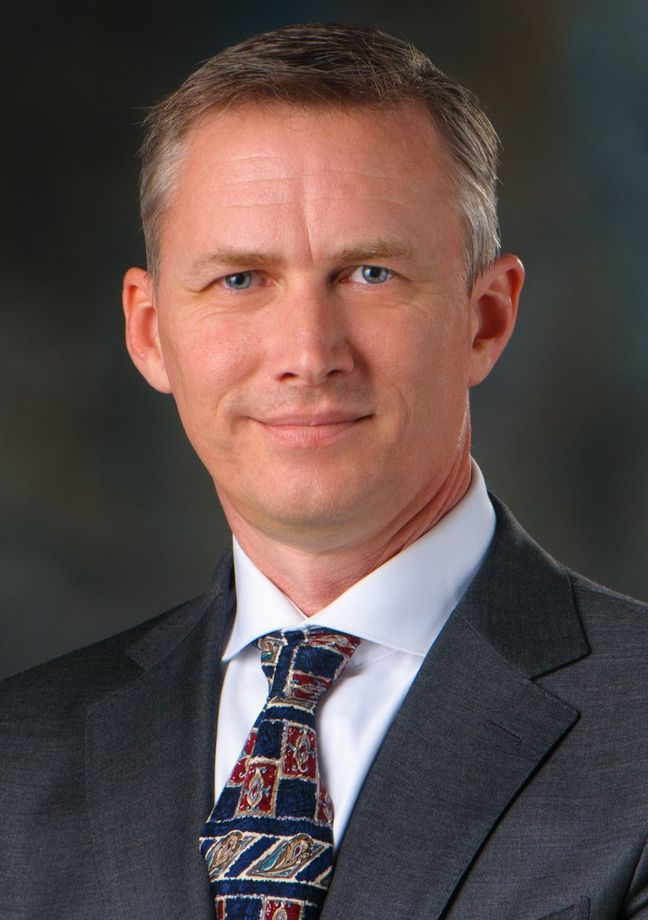
Traver Hart
MD Anderson Cancer Center, United States
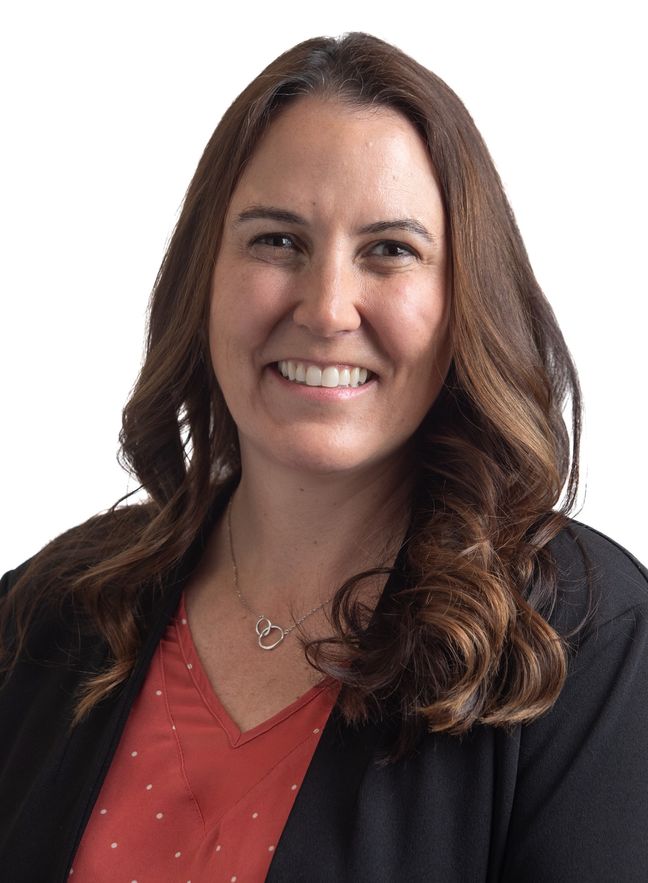
Amanda Haas
Agilent Technologies
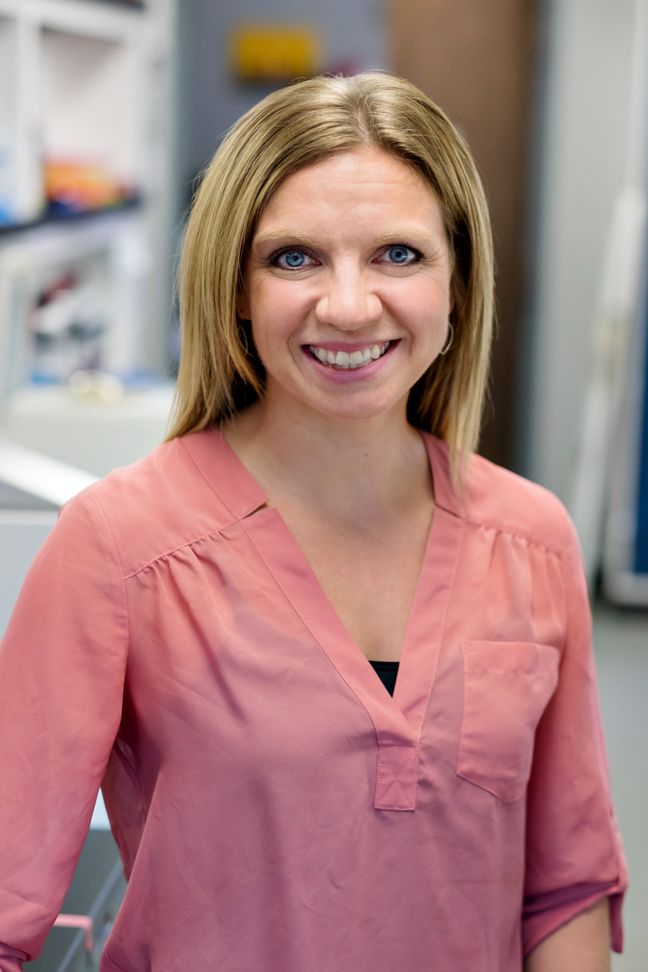
Ashley Jacobi
Integrated DNA Technologies, United States
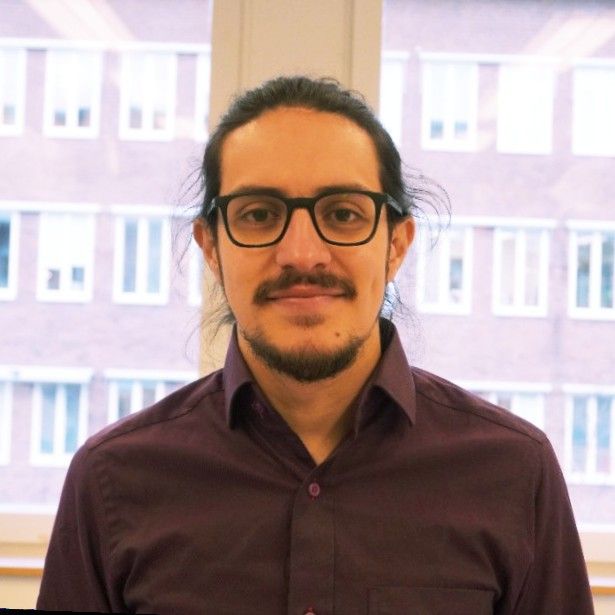
Iván Hernández-Neuta
Countagen, Sweden
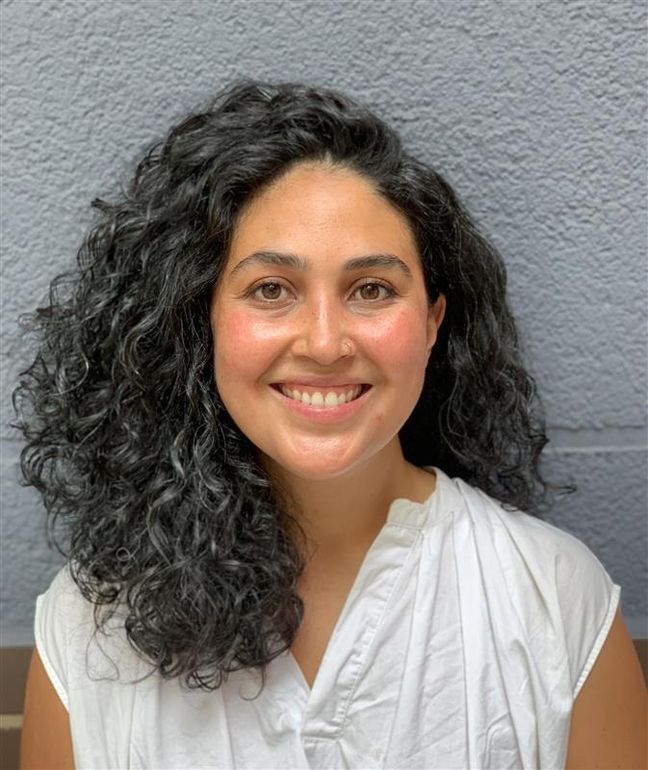
Juliana Campo
GenScript Biotech (Netherlands) B.V.

Max Sellman
Aldevron
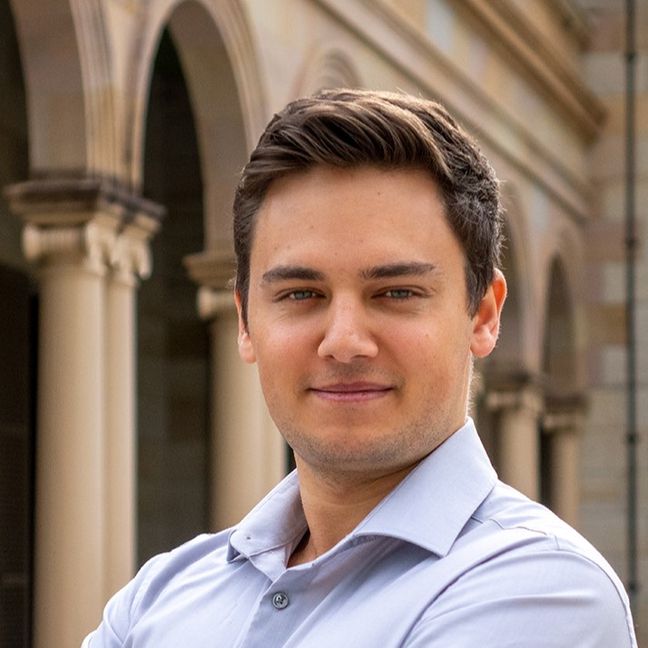
Philipp Kamm
Project Lead | Specialist Enzymatic Nucleic Acid Synthesis, BioSpring
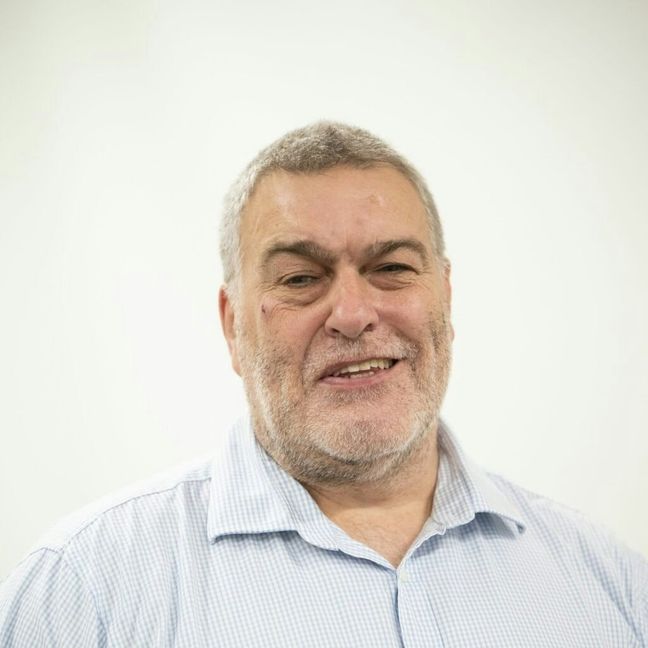
Simon Reed
Broken String Biosciences, United Kingdom
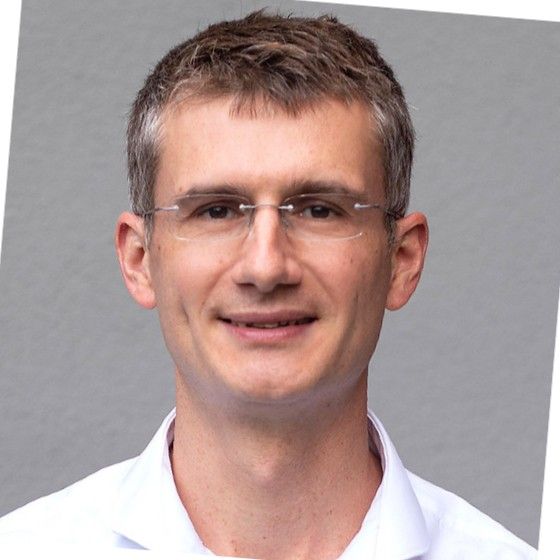
Manuel Kaulich
Vivlion GmbH and Goethe University Frankfurt
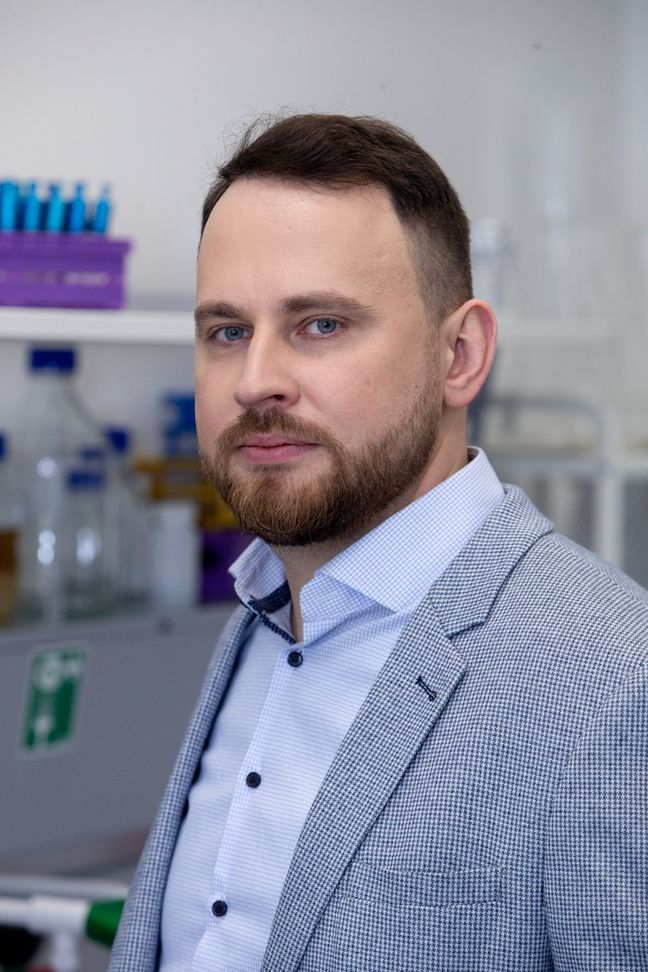
Giedrius Gasiunas
Caszyme, Lithuania